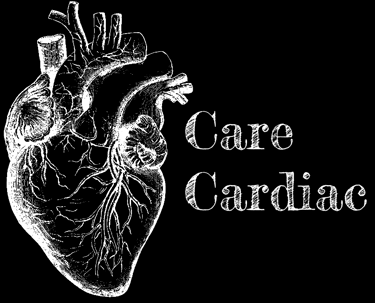
Is Open Heart Coronary Artery Bypass Graft (CABG) surgery safe?
Coronary Artery Bypass Graft (CABG) surgery is a common and well-established procedure used to treat coronary artery disease, a condition in which the blood vessels supplying the heart (coronary arteries) become narrowed or blocked, often due to the buildup of fatty deposits (atherosclerosis). The goal of CABG surgery is to improve blood flow to the heart muscle by creating new pathways (bypass grafts) for blood to travel around the blocked or narrowed arteries.
CABG surgery is generally considered safe and has a high success rate. However, like any surgical procedure, it does carry some risks. The safety and success of CABG surgery depend on several factors, including the patient's overall health, the skill and experience of the surgical team, and the quality of the healthcare facility where the surgery is performed.
Here are some key points to consider:
Risk Factors
The safety of CABG surgery can vary depending on the individual patient's health. Patients with multiple medical conditions, such as diabetes, lung disease, or kidney disease, may have a higher risk. The surgeon will evaluate the patient's overall health and determine the best approach.
Surgeon's Experience
The experience and skill of the surgical team, particularly the cardiac surgeon, play a significant role in the safety and success of CABG surgery. Surgeons who regularly perform these procedures tend to have better outcomes.
Hospital Quality
The quality of the healthcare facility where the surgery is performed also affects safety. High-volume hospitals with experienced staff and a track record of successful surgeries tend to have better outcomes.
Advances in Technique
Advances in surgical techniques and technology have made CABG surgery safer over the years. Minimally invasive approaches and robotic-assisted surgery are options in some cases.
Potential Complications
While CABG surgery is generally safe, complications can occur. These may include infection, bleeding, stroke, arrhythmias (irregular heartbeats), and damage to other organs. Discuss these risks with your healthcare team.
Recovery and Rehabilitation
The post-operative care and rehabilitation are crucial for a successful recovery. Patients should follow their healthcare team's instructions regarding medications, lifestyle changes, and rehabilitation exercises.

Coronary Artery Bypass Graft (CABG) surgery is a common and well-established procedure to treat coronary artery disease, which can improve blood flow to the heart muscle by bypassing blocked or narrowed arteries. Both traditional open heart CABG and Minimally Invasive Cardiac Surgery (MICS) have their own advantages and considerations, so the safety of the procedure can vary depending on several factors.
While comparing it Open Heart Techniques with minimally invasive techniques, following are the factors which stand out -
Safety
MICS is generally safe and can offer several potential benefits, such as smaller incisions and less trauma to the chest.
Minimized trauma
MICS involves smaller incisions, which may result in reduced pain, shorter hospital stays, and quicker recovery
Patient suitability
MICS is typically more suitable for patients with less complex coronary disease and those needing fewer grafts.
Questions we are focusing on?
Who is the best Heart Surgeon in India?
Is Minimal Invasive technique a good replacement of Open Heart Bypass Surgery?
At Care Cardiac, we are guided by a team of independent researchers who are passionate about one thing - your heart health. We understand that when it comes to selecting the top cardiac surgeons in India, your research shall stand next to none.
Determining the suitability of minimally invasive heart surgery for a patient hinges on several crucial factors, encompassing their unique heart condition, medical history, and individual anatomy. It's important to note that not all patients are ideal candidates for minimally invasive procedures.
Is Open Heart Coronary Artery Bypass Graft (CABG) surgery safe?
Coronary Artery Bypass Graft (CABG) surgery is a common and well-established procedure used to treat coronary artery disease, a condition in which the blood vessels supplying the heart (coronary arteries) become narrowed or blocked, often due to the buildup of fatty deposits (atherosclerosis).
How long does it take to recover from heart surgery?
The recovery period following heart surgery, such as Coronary Artery Bypass Graft (CABG) surgery or heart valve surgery, can vary depending on several factors, including the type of surgery, the patient's overall health, and the presence of any complications.
